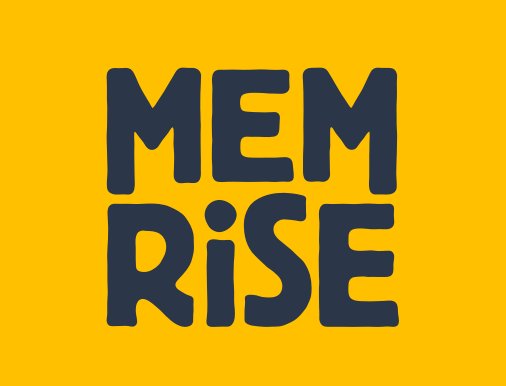In Malaysian English and Malay, there are Chinese words such as ang pow and Chap Goh Meh. These are commonly acknowledged to be of Hokkien origin. I further hypothesize that these are not just Hokkien words, they are in fact Penang Hokkien words.
Penang is the oldest city on the Malay peninsula in which the British had a presence. Although there are older towns, the British interaction with this region began with Penang. It was in Penang that the British first established a township. It was in Penang that the British get into regular contact with the Chinese, long before Hong Kong was established, and so it was through Penang that the British had the initial opportunity to observe the Chinese and their culture up close.
When George Town was founded, there was no Singapore, and none of the Malaysian cities where the predominant lingua franca is Cantonese, among them Kuala Lumpur, Ipoh and Seremban. Malacca was still under the Dutch, so English was not yet a predominant presence over there.
From the first year that George Town was established, the early Chinese had already made Hokkien their lingua franca in Penang. This is the same Chinese language throughout Southeast Asia, for it was the Hokkiens who established mercantile routes across the South China Sea going back hundreds of years, and when calamity fell on their home province, it was the same sea routes that brought Hokkien refugees to various shores of Southeast Asia.
A gulf of thirty-three years separates the founding of the Prince of Wales Island (as what the British called Penang) in 1786 from that of the next major city, Singapore, in 1819. The length of time is significant in that it represents not only a span of roughly one generation, it was also thirty-three times that the British witnessed the Hokkiens celebrating their loudest festival, the fireworks-cracking Chinese New Year. Words like ang pow and Chap Goh Meh had thirty-three times the opportunity to impress on the British the Hokkien culture before any other Chinese group had a chance to intervene.
It was the language of the Hokkiens that dominated, not only because the Hokkiens were greater in numbers, but also because they arrived earlier. The Penang Hokkien that we speak today did not come about overnight, when the British landed, but had been in use among the Chinese for at least a hundred years.
By way of the British, the Hokkiens ensured that the words of their language such as ang pow and Chap Goh Meh were tranferred into English and from there entered local vocabulary.
Language Learning Tools
Use the following language learning tools to learn Penang Hokkien!Learn Penang Hokkien with uTalk
This app opens the door to over 150 languages.Return to Penang Hokkien Resources

Copyright © 2003-2025 Timothy Tye. All Rights Reserved.

 Go Back
Go Back
